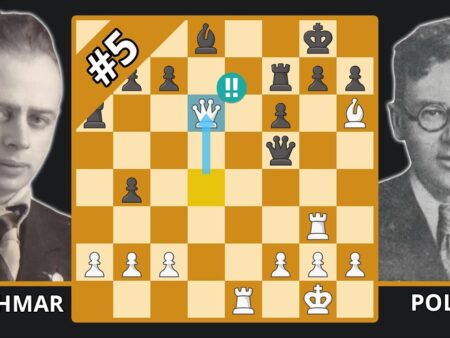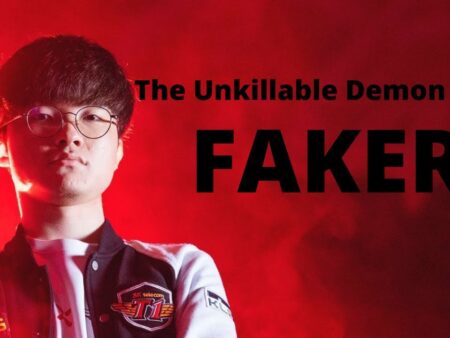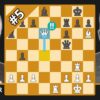The curtain rose on another Premier League season, and with it, the highly anticipated debuts of several significant summer signings. For football enthusiasts, these initial competitive minutes are more than just statistics; they are the first tangible clues to a player`s immediate impact, their fit within a new tactical system, and indeed, the very philosophy underpinning a club`s transfer strategy. The clash between Manchester United and Arsenal at Old Trafford, a rivalry steeped in history, served as a particularly intense crucible for these first impressions.
In a match that ultimately proved to be a rather scrappy and understated affair, concluding in a familiar 1-0 victory for Arsenal—secured, with a certain irony, by a defender from a set piece rather than the much-hyped attacking acquisitions—the focus inevitably shifted from the scoreline to the individual performances of those stepping onto English football`s grandest stage for the very first time in their new colours.
The Red Devils` New Vanguard: A Mixed Bag of Promise and Puzzles
Manchester United`s attacking overhaul has been a central talking point of the summer, and their new trident of Bryan Mbeumo, Matheus Cunha, and Benjamin Sesko faced an immediate litmus test against a formidable Arsenal defence.
Bryan Mbeumo: The Instant Spark
Of all the debutants on Sunday, Bryan Mbeumo appeared to be the most instantly comfortable in his new surroundings. Perhaps it was the familiarity of his role on the right of a front three, with a wing-back overlapping, that allowed the former Brentford man to quickly find his rhythm. Within minutes, Old Trafford witnessed Mbeumo’s trademark darting runs infield, followed by dangerous shots that hinted at an immediate understanding with his new teammates. His effective positioning, allowing him to exploit defensive gaps before Arsenal’s backline could regroup, proved supremely effective against a team still finding its defensive footing.
Mbeumo`s willingness to shoot was evident, and his powerful header, demanding a fine save from David Raya, underscored his directness. Yet, it was the subtle artistry—the confident flicks and precise first touches—that truly impressed, such as the one that perfectly set up Matheus Cunha. Mbeumo`s debut was, by all accounts, a compelling statement of intent.
Matheus Cunha: Industry Meets Imprecision
Matheus Cunha quickly endeared himself to the Old Trafford faithful with a performance defined by relentless industry. His 20 duels were more than any other player on the pitch, and the pressure he applied from the centre-forward position noticeably disrupted Arsenal’s build-up play. However, beneath the commendable work rate lay a problem that has plagued many a promising forward: decision-making in possession.
Cunha’s propensity for rushed shots contributed to Manchester United’s 22 efforts yielding a rather underwhelming 1.52 expected goals (xG). While his 15 Premier League goals last season for Wolves were a remarkable return, significantly overperforming his 8.65 xG, a hot streak from long-range efforts tends to be unsustainable. His debut highlighted this tendency, with several ambitious attempts from distance that perhaps overlooked more advantageous passing options. The challenge for manager Ruben Amorim will be to channel Cunha`s undoubted energy and talent into more efficient attacking output.
Benjamin Sesko: A Glimmer of Future Potential
Introduced with just 25 minutes remaining, Benjamin Sesko’s cameo was too brief for a definitive judgment, especially for a raw striker whose development is measured over seasons rather than minutes. However, his impact was palpable. United, struggling for presence in the opposition box, immediately gained a focal point. Sesko held the ball up effectively, positioned himself centrally, and managed four penalty box touches and two shots. His stretching run and intelligent flick to create a chance, even if squandered by a teammate, provided a glimpse of the physicality and forward play United will seek from him. It was a promising start, indicating that when Sesko was on the pitch, things simply happened for United.
Arsenal`s New Faces: Adaptation and Steadiness
Arsenal, having opted for a more seasoned striker over a younger prospect, also introduced new blood into their midfield and attack, with Viktor Gyokeres, Martin Zubimendi, and Noni Madueke making their bows.
Viktor Gyokeres: The Grinding Gear
The decision to favour Viktor Gyokeres, a 27-year-old formerly of the Championship, over the highly-rated Sesko, was predicated on the belief that Gyokeres could deliver an immediate impact. His debut, however, proved a trying affair. Despite Arsenal playing at their fastest tempo in seasons, seemingly to suit Gyokeres’s counter-attacking prowess, the Swede struggled to find his rhythm. His three touches in the penalty box, culminating in an unfortunate misstep that conceded a free-kick, spoke volumes. Gyokeres appeared to be adapting his game, drifting into wide channels and dropping deep, rather than solely occupying his favored central positions. While Bukayo Saka offered diplomatic praise, the early evidence suggests a period of tactical adjustment will be required for Gyokeres to truly blend with Arsenal`s established style.
Martin Zubimendi: The Quiet Anchor
Martin Zubimendi’s Arsenal debut began with a literal jolt—a loose arm to the face that seemed to momentarily unnerve him, resulting in three misplaced passes from his first four. Yet, the former Real Sociedad man quickly settled into a performance defined by quiet competence. As a passing metronome, he might not have dominated the statistics in a chaotic match, but he delivered exactly what was needed: solidity. After his initial missteps, Zubimendi did not misplace another pass until the second half, diligently cleaning up play and covering significant ground. His debut, while not spectacular, was fundamentally sound, laying a foundation for more influential performances to come.
Noni Madueke: A Hint of What`s Next
Noni Madueke’s 30-minute cameo yielded only 15 touches, offering little opportunity for a grand statement. He did, however, create one shooting chance and came agonizingly close to scoring. Perhaps more significant than his own limited impact was the struggles of the man he replaced, Gabriel Martinelli. With the Brazilian winger facing fan frustration and appearing a shadow of his former self, Madueke’s prospects for a starting spot look increasingly promising. His debut, though brief, may have been a subtle preview of a greater role in Arsenal`s attack.
Beyond the First Whistle: The Long Game of Transfers
First impressions, while impactful, are rarely the full story. Premier League debuts are high-stakes affairs, laden with expectation and amplified by media scrutiny. They offer a snapshot of a player’s current form and immediate tactical integration, but the true measure of a transfer lies in sustained performance and adaptation over the demanding course of a season.
For Manchester United, Mbeumo`s immediate comfort contrasted with Cunha`s energetic yet unrefined output, while Sesko offered a tantalizing glimpse of a long-term project. For Arsenal, Gyokeres faces the immediate challenge of proving his “immediate impact” credentials, even as his teammates strive to accommodate him. Zubimendi, meanwhile, settled into a quiet but crucial role, and Madueke hinted at seizing an opportunity. These initial competitive minutes illuminate the ongoing tactical puzzles for both managers and underscore the unpredictable, yet endlessly fascinating, nature of top-tier football transfers. The season is long, and these opening acts are merely the prologue to their unfolding sagas.











